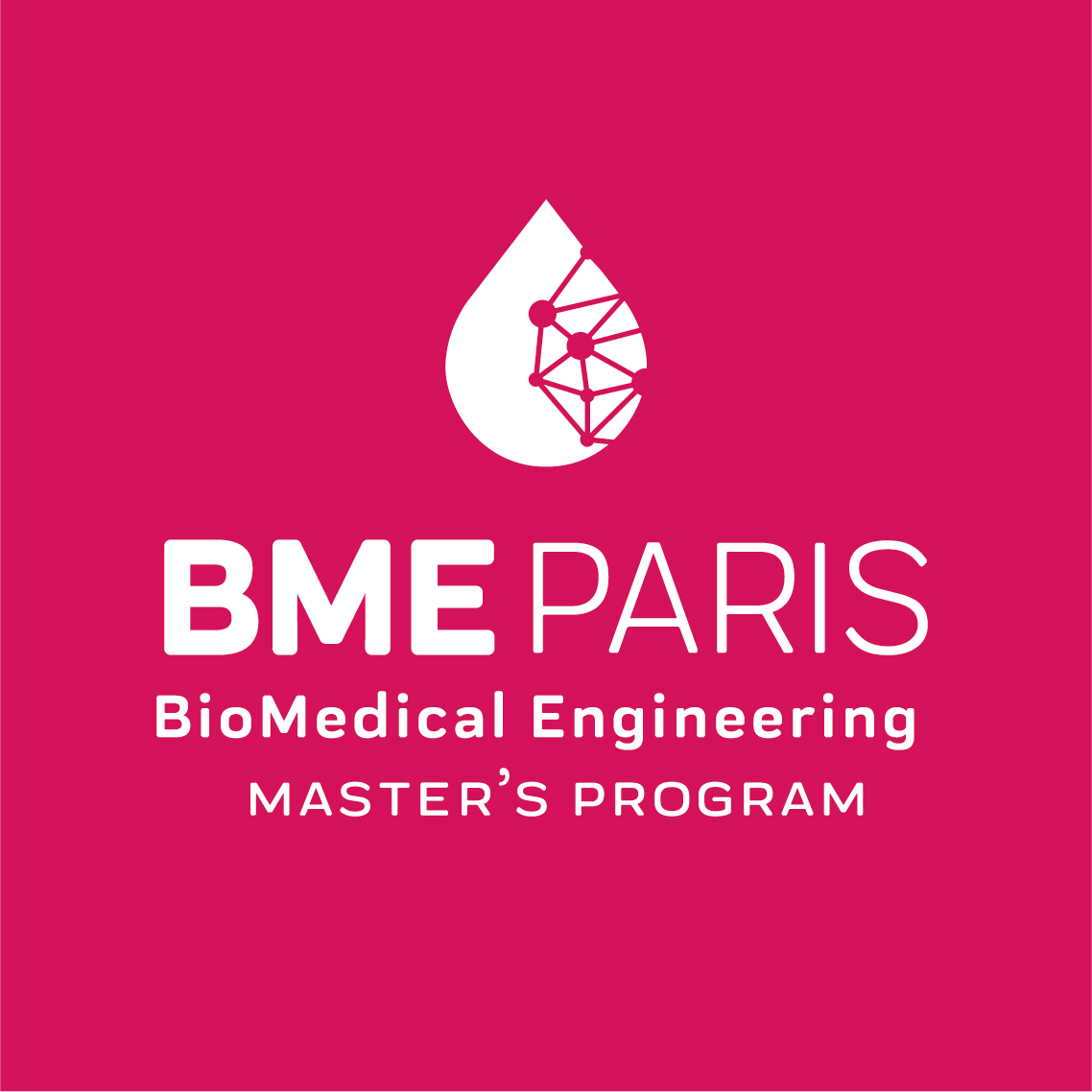Teaching
Pharmacy studies
Pharmacy studies are higher education studies that train health professionals. Lasting from 6 to 9 years (including internships), they give access to the profession of pharmacist in sectors of activity reserved for them (“regulated practice”) as diverse as retail pharmacy, the pharmaceutical industry, hospital pharmacy or medical biology. Multidisciplinary (chemistry, biology, pharmacology, clinical, etc.), these studies are primarily intended to train health professionals who are specialists in drugs, and who intervene at all stages of their life, from their conception to their distribution to patients. Pharmacy studies also provide access to jobs in sectors such as higher education, scientific research, cosmetology, agri-food, scientific journalism, the environment, humanitarian work, etc.
Our teachings :
– Analytical chemistry, physical chemistry and toxicology (Pascal Houzé),
– Galenic (Christine Charrueau),
– Biochemistry(Dominique Bonnefont-Rousselot),
– Immunology (Salima Hacein-Bey).

NANOMED Master
All members of the NANOMED Consortium have been working together hand in hand for several years to create a unique and comprehensive training program that aims to teach our students the latest developments in the field of nanomedicine. The NANOMED master’s degree aims to train young scientists in the general principles of drug development and focuses more specifically on drug delivery systems and pharmaceutical technology using both conventional dosage forms and innovative delivery systems. The NANOMED master’s degree is an excellent opportunity for future graduates to approach nanomedicine through multidisciplinary perspectives and to discover the latest advances in the field of nanotechnology.
The NANOMED Consortium includes 4 European universities
– Paris Cité University, France (Coordinateur)
– Angers University, France
– Pavie University, Italy
– Patras University, Greece

Master’s Degree in Drug and Health Product Sciences – Pharmacotechnics Itinerary
The Faculty of Pharmacy of the Université Paris Cité – France, offers a Master 2 program dedicated to pharmacotechnics: Master 2 Drug Sciences, Initiation to Medicine, Pharmacokinetics and Pharmacotechnics track.
OBJECTIVES: The Master of Pharmacotechnics aims to train young scientists on the general principles of drug development and focuses more specifically on active substance delivery systems and pharmaceutical technology using both classical and innovative delivery systems. It provides the essential knowledge to go from the basic training in pharmaceutical formulation to introduce the notions of nanomedicine.
PROGRAM. The Master is taught in English and takes place in 1 year. It offers a high quality training in the field of pharmaceutical formulation with a multidisciplinary approach (Pharmacy, Biology, Chemistry, Medicine, Physics or Engineering Science). The program offers both theoretical and practical courses over 1 semester (S1, 30 ECTS) combined with a final internship (S2, 30 ECTS).
CAREER OPPORTUNITIES. The quality of this program allows graduates to become experts in pharmaceutical formulation, opening up careers in research institutes or pharmaceutical R&D divisions. This master’s degree offers broad opportunities in the following disciplines: Academic Research, Industrial Research and Development, Galenic and Pharmaceutical Development and Clinical Development.
Master Ingénierie de la santé (BME Paris)

